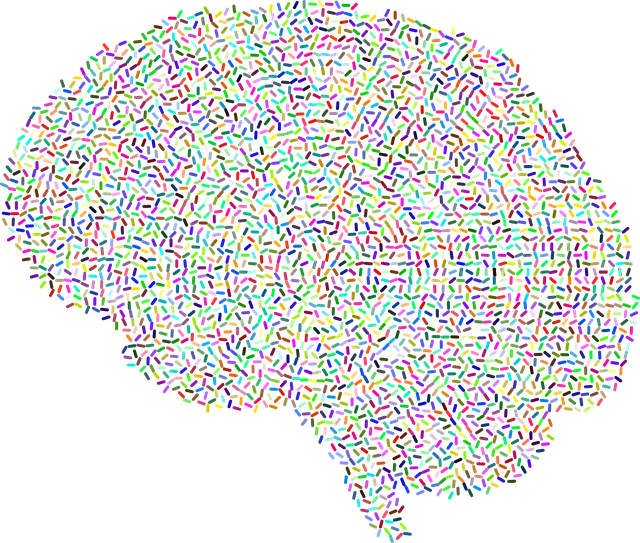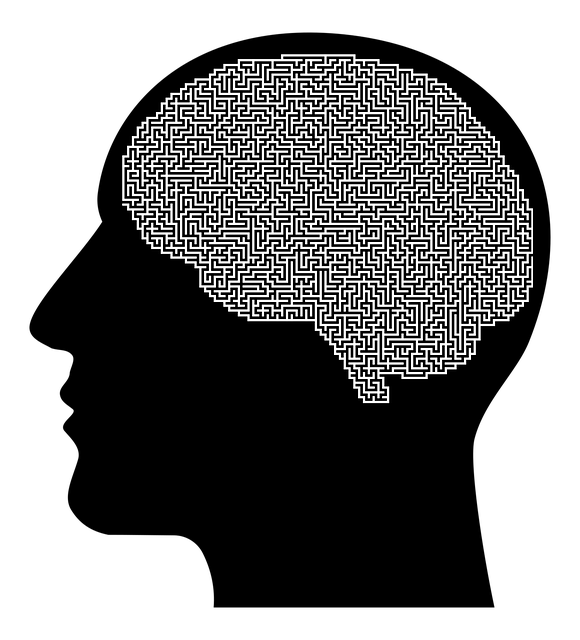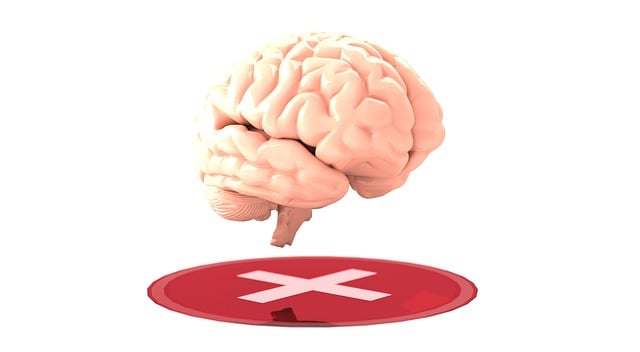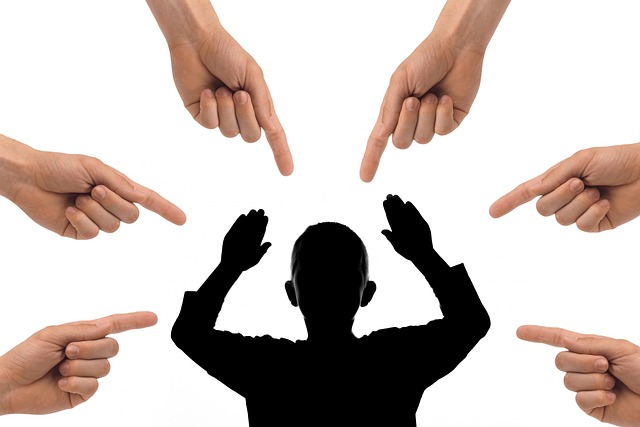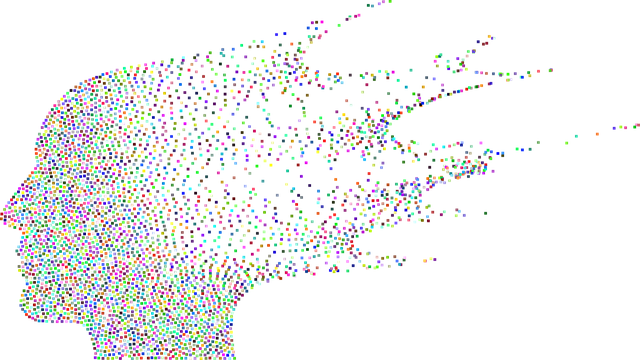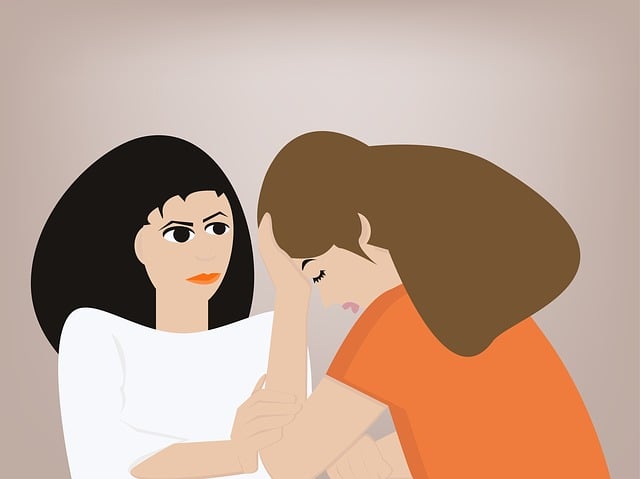Highlands Ranch Hebrew Speaking Therapy tackles mental health stigma through proactive measures like open conversations, judgment-free zones, and self-care techniques. Their Community Outreach Program educates, raises awareness, and dispels myths about mental illness within the Jewish community. By offering therapy in Hebrew, they break language barriers and empower individuals to challenge societal perceptions. Peer support, advocacy, and media representation positive portrayal of mental health struggles further reduce stigma, normalizing conversations and encouraging early intervention.
Mental illness stigma is a pervasive barrier to healing, often deterring individuals from seeking much-needed support. This article delves into various strategies aimed at reducing this societal burden. From education initiatives that foster empathy to innovative therapies like Highlands Ranch Hebrew Speaking Therapy, offering culturally sensitive care, we explore powerful tools. Peer support groups and media representation also play pivotal roles in dismantling stigma. By examining these approaches, we can forge a path towards a more compassionate society where mental wellness is prioritized without fear of judgment.
- Understanding Stigma: Barriers to Seeking Help
- The Role of Education in Breaking Down Stigma
- Highlands Ranch Hebrew Speaking Therapy: A Cultural Approach
- Peer Support and Advocacy: Empowering Voices
- Media Representation and Its Impact on Mental Health Discourse
Understanding Stigma: Barriers to Seeking Help

Stigma surrounding mental illness often acts as a significant barrier to individuals seeking much-needed help and support. In many cases, people struggling with their mental health may feel ashamed or afraid of being judged, leading them to internalize their struggles and avoid reaching out for assistance. This hesitation can have severe consequences, causing individuals to isolate themselves further and exacerbating existing symptoms.
At Highlands Ranch Hebrew Speaking Therapy, we recognize the impact of stigma on mental health treatment-seeking behaviors. To address this issue, our therapists emphasize open dialogue and create safe spaces for clients to share their experiences without fear of judgment. Additionally, we promote Burnout Prevention Strategies for Healthcare Providers and encourage self-care practices like Mental Wellness Journaling Exercises to foster resilience and reduce the internalized stigma associated with seeking therapy. Social Skills Training is another essential component, helping individuals navigate social interactions more confidently and challenge societal norms that perpetuate mental illness stigma.
The Role of Education in Breaking Down Stigma

Stigma surrounding mental illness can be a significant barrier to individuals seeking help and support. Education plays a pivotal role in breaking down these barriers and fostering understanding within communities, such as Highlands Ranch Hebrew Speaking Therapy’s efforts. By implementing community outreach programs that focus on raising awareness and providing accurate information about mental health conditions, they aim to dispel myths and misconceptions. These initiatives often involve interactive workshops, panel discussions, and educational resources designed to engage and educate the public.
Through these efforts, communities can foster empathy-building strategies that encourage open conversations about mental illness. By normalizing discussions around emotional healing processes, individuals facing challenges are more likely to feel supported and less fearful of judgment. The Community Outreach Program Implementation at Highlands Ranch Hebrew Speaking Therapy is a testament to their commitment to reducing stigma, promoting early intervention, and ensuring equitable access to care for all members of the community.
Highlands Ranch Hebrew Speaking Therapy: A Cultural Approach

Highlands Ranch Hebrew Speaking Therapy offers a unique and culturally sensitive approach to mental health support, catering specifically to the needs of the Jewish community. By providing therapy in Hebrew, this initiative breaks down language barriers often faced by immigrants or individuals who prefer their native tongue for counseling. This cultural sensitivity is a significant step towards reducing stigma associated with seeking mental wellness services, as it ensures that patients feel comfortable and understood.
The program focuses on developing skills to enhance mental resilience and self-esteem, which are crucial aspects of overall well-being. Through tailored Hebrew-speaking therapy sessions, clients can openly discuss their experiences, challenges, and emotions in a safe environment. This personalized approach encourages participation in mental wellness coaching programs and fosters a sense of community, thereby promoting better access to healthcare services and improved patient outcomes. Additionally, Highlands Ranch Hebrew Speaking Therapy contributes to the development of healthcare provider cultural competency training, ensuring that professionals are equipped to offer effective support to diverse populations.
Peer Support and Advocacy: Empowering Voices

In efforts to reduce mental illness stigma, peer support and advocacy play a pivotal role in fostering understanding and acceptance. At Highlands Ranch Hebrew Speaking Therapy, we believe that empowering individuals who have personally experienced mental health challenges is a powerful tool for change. By sharing their stories and advocating for others, these peers become voices of hope and resilience, challenging societal perceptions and promoting empathy. This approach not only provides support to those facing similar struggles but also educates the wider community about the realities of mental illness.
Peer advocacy encourages individuals to find strength in numbers, creating supportive networks that offer a sense of belonging. Through group discussions, sharing experiences, and collective action, they can dispel myths and reduce stigma surrounding conditions such as anxiety relief and trauma support services needs. Moreover, these peer-led initiatives often extend to self-care routine development for better mental health, empowering individuals with practical tools to manage their well-being and fostering a culture of care and understanding.
Media Representation and Its Impact on Mental Health Discourse

The media plays a significant role in shaping societal perceptions about mental health, particularly when it comes to reducing stigma. Portrayals of individuals with mental illnesses in films, television shows, and news coverage can either perpetuate negative stereotypes or offer a more nuanced understanding. Positive media representation that focuses on the inner strength development of those struggling with mental health challenges can be transformative. It humanizes their experiences, fostering empathy among the general public.
Highlands Ranch Hebrew Speaking Therapy, for instance, recognizes the power of media in this context. They actively engage in campaigns that promote accurate and compassionate portrayals of mental health issues. By emphasizing stories of resilience and recovery, they contribute to a broader discourse on depression prevention and emotional intelligence. Such efforts are crucial in normalizing conversations around mental illness, encouraging early intervention, and ultimately reducing the stigma associated with seeking therapy or support.
Mental illness stigma reduction is a multifaceted effort that requires education, cultural sensitivity, peer support, and responsible media representation. By understanding the barriers to seeking help and empowering individuals through advocacy, we can create a more inclusive society. The innovative approach of Highlands Ranch Hebrew Speaking Therapy exemplifies how cultural considerations can enhance access to care. As we continue to navigate this complex issue, it’s crucial to remember that every step towards reducing stigma brings us closer to a world where mental health is openly discussed and treated with compassion.
